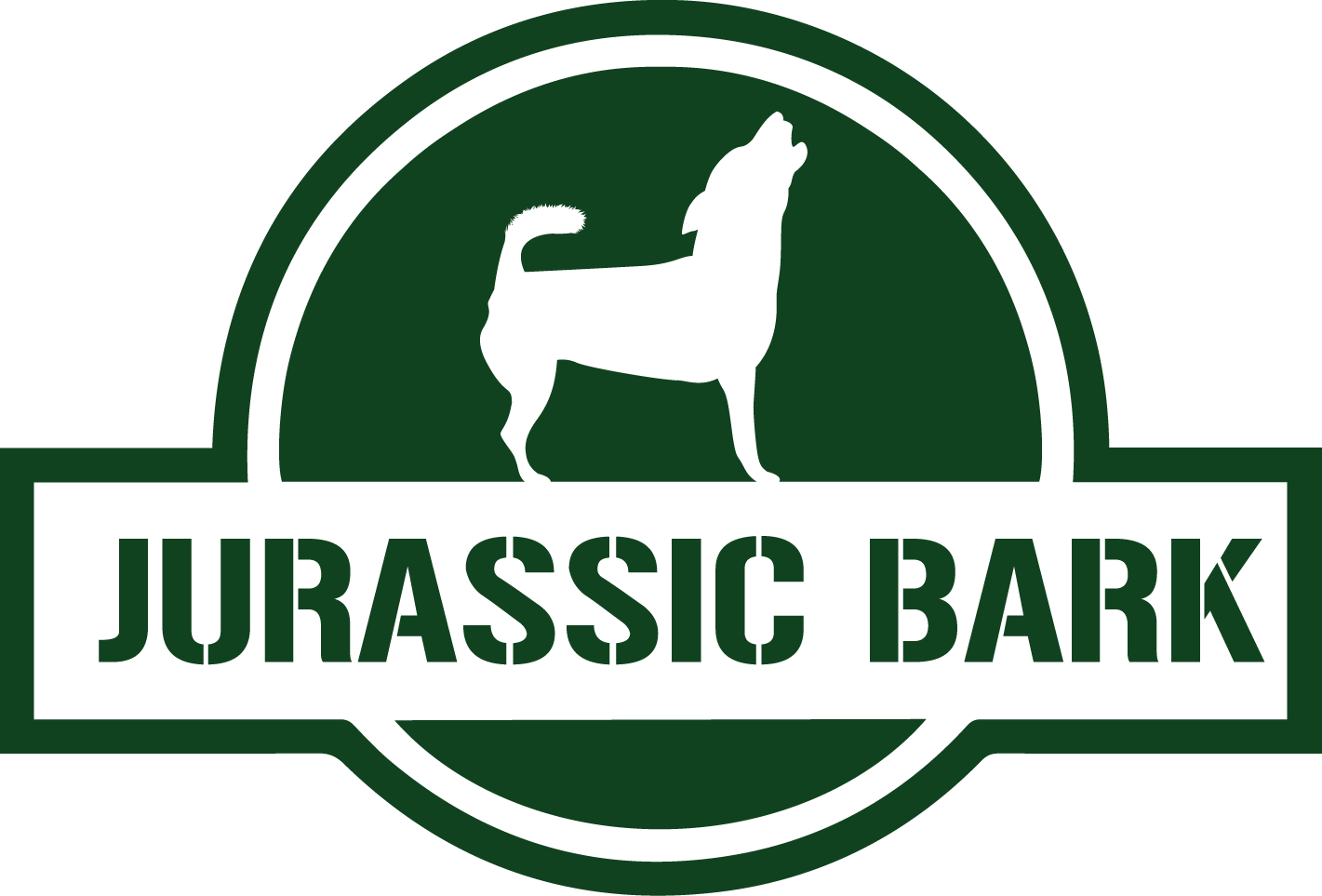Happy New Year everyone! And possibly Happy New Puppy too...? If you've just brought a pup home to the family here's a few hints and tips to get you started...
A must in my eyes for the new family member is crate training. Growing up with our Yorkies, we never once crate trained any of them and looking back now I would have made sure we did. Having crate trained Aslan from 12 weeks old, I can tell you that it's not only beneficial for toilet training, but your little puppy will be more comfortable if they ever have to go the vets (possibly in a year or so when they need their special doggy op...). Aslan didn't love the crate to begin with - I would put him in there after exercise and to eat, to show him it was a safe place rather than a punishment. I NEVER put him away to scold him or tell him off as this would have meant it was a bad place for him. I got a comforter blanket from the breeder which had his mum's scent on it - it's worth asking your breeder for the same as it can help make your puppy feel a bit more at home. He slept in there overnight from about 10pm to 6.30am - I would leave toys and an antler for him to chew on (don't leave them alone with bones). For the first few days he did cry, and that was really hard to hear, but I kept telling myself it was for his benefit and he would only become comfortable if I persevered, so I did, and after that initial discomfort he settled down and was quite happy to go in there when it was time for bed. He now loves his crate and he happily takes himself off from time to time to have a little sleep.
Another tip is to be careful how early you let Mr or Mrs puppy off the lead. If you let them off too early before they understand to recall to you then you may end up with a dog that won't come back on command and just does as it likes... Teach the recall command first and foremost - using treats and praise every time puppy comes back in the garden or an enclosed area, and then test it out when you're walking by using a long line. You can drop the long line as you're walking, and when you call your puppy if they don't come back you can pick up the line and draw them back to you - always praising when they have returned.
Never scold your puppy when they have an accident in the house - there's no point rubbing their nose in it and shouting because the chances are by the time you see the wee the pup will no longer be able to recognise that that action has caused all the shouting. The other reason you shouldn't tell them off is because they may end up with a negative association between weeing and being shouted at, rather than weeing in the house and being shouted at. Instead, if you catch puppy doing a tinkle take them outside immediately. If you find a wee in the house you'll have to just clean it up and move on because let's face it, it's part of having a new member of the pack! The best thing you can do to toilet train your puppy is take them outside for a wee every 20-30 minutes and give them loads and loads of cuddles and praise when they do one.
To try and discourage puppy from jumping up at you - move into their space when they do it rather than turning away, as they will then learn that that's not their space to claim and you are head of the pack! If they get very excited when you come home (barking, jumping up etc) the best thing to do is completely ignore them until they have calmed down, and then reward the calm behaviour with cuddles or treats.
Once your puppy has had all their vaccinations, start taking them out EVERYWHERE. The more you introduce them to at a young age the more confident they will be as they get older. Take them to the pub, cafes, into town, round friends houses - anywhere you can to familiarise them with different situations and people. If puppy gets scared of something, don't let them run away from it, instead walk them past whatever it is that's worrying them over and over again until they get used to it. You can also use treats, for example if a people wearing hats is worrying them, get someone you know (but puppy doesn't) to wear a hat and feed them treats.
Make sure you socialise puppy with both people and dogs to ensure they are comfortable around them. If you don't socialise your puppy from a young age then they may become uncomfortable around other dogs and this could mean you end up with a reactive dog.
If you feel like you need any more help or advice please feel free to contact me with any questions - I'm always happy to help, and having only got Aslan about a year ago, my latest puppy experience is very fresh!
Aslan was called 'Blue' for the first few weeks of his life - he's the one with the blue collar smiling for the camera!
This teddy was a favourite - all that now remains is a stuffing-less arm...



